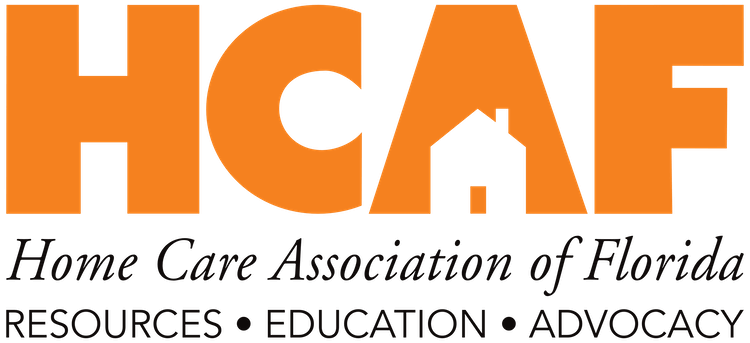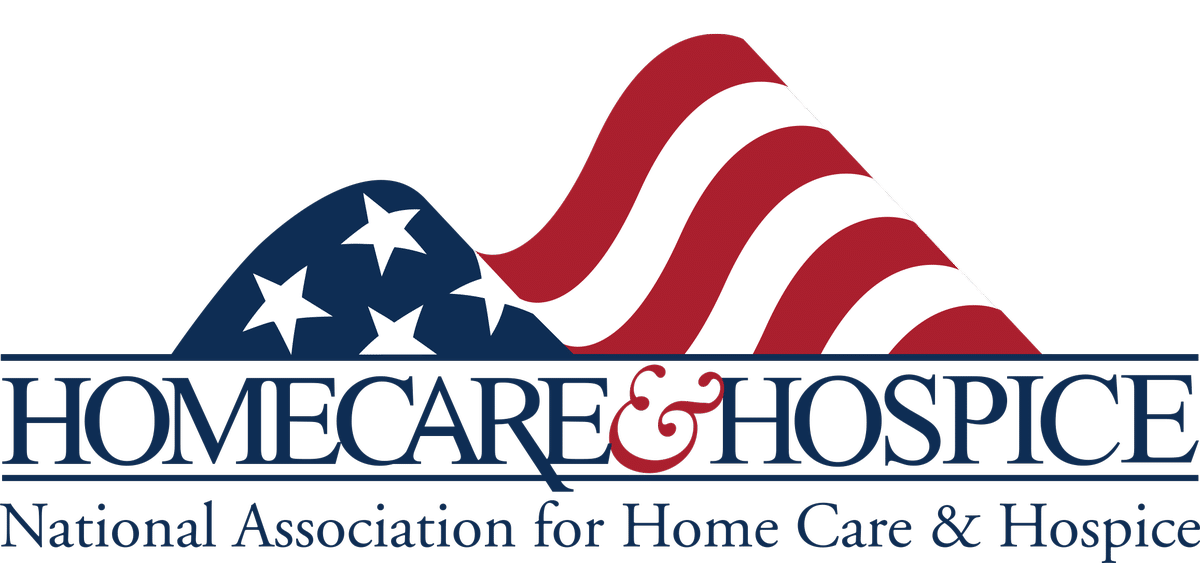Surgeon General Advisory Sounds the Alarm on Health Worker Burnout and Resignation

Surgeon General Advisory Sounds the Alarm on Health Worker Burnout and Resignation
Courtesy of the National Association for Home Care & Hospice (NAHC)
United States Surgeon General Dr. Vivek Murthy issued a new Surgeon General’s Advisory highlighting the urgent need to address the health worker burnout crisis across the country. Health workers, including physicians, nurses, community and public health workers, and nurse aides, among others, have long faced systemic challenges in the health care system even before the COVID-19 pandemic, leading to crisis levels of burnout.
The pandemic further exacerbated burnout for health workers, with many risking and sacrificing their own lives in the service of others while responding to a public health crisis.
The Surgeon General’s Advisory Addressing Health Worker Burnout lays out recommendations for health care organizations, health insurers, health technology companies, policymakers, academic institutions, researchers, and communities to address health worker burnout and ensure their well-being — so that health workers can thrive and better answer their call as healers.
Topline recommendations to address burnout in the Surgeon General’s Advisory include:
- Transform workplace culture to empower health workers and be responsive to their voices and needs.
- We can begin by listening to health workers and seeking their involvement to improve processes, workflows, and organizational culture.
- Eliminate punitive policies for seeking mental health and substance use disorder care.
- Ensure on-demand counseling and after-work hours care are more accessible to health workers to promote and preserve their well-being.
- Protect the health, safety, and well-being of all health workers.
- Provide living wages, paid sick and family leave, rest breaks, evaluation of workloads and working hours, educational debt support, and family-friendly policies including childcare and care for older adults for all health workers.
- Ensure adequate staffing, including surge capacity for public health emergencies, that is representative of the communities they serve. This is critical to protect and sustain health workers and communities.
- Organizations, communities, and policies must prioritize protecting health workers from workplace violence and ensure that they have sufficient personal protective equipment.
- In a national survey among health workers in mid-2021, eight out of 10 experienced at least one type of workplace violence during the pandemic, with two-thirds having been verbally threatened, and one-third of nurses reporting an increase in violence compared to the previous year.
- Among 26,174 state, tribal, local, and territorial public health workers surveyed across the country during March-April 2021, nearly a quarter (23.4%) reported feeling bullied, threatened, or harassed at work.
- Reduce administrative burdens to help health workers have a productive time with patients, communities, and colleagues.
- One study showed that on average, for every 1 hour of direct patient care, a primary care provider will spend 2 hours a day on administrative tasks. That is time that could be spent with patients, in the community, and building relationships with colleagues, which is essential to strengthening the health and well-being of both health workers and patients.
- Prioritize social connection and community as a core value of the health care system.
- This enhances job fulfillment, protects against loneliness and isolation, and ultimately improves the quality of patient care.
- This includes peer and team-based models of care to strengthen collaboration and create opportunities for social support and community.
- Invest in public health and our public health workforce.
- Diversify and expand the public health workforce and improve disease surveillance systems to help address social determinants of health and health inequities, counter health misinformation, and strengthen partnerships across clinical and community settings.
“We applaud the Surgeon General for recognizing the increasing pressures on health care workers that are triggering burnout at a time when we are grappling with the greatest shortage ever of health care professionals,” said NAHC President William A. Dombi.
“A number of the recommendations require a partnership with stakeholders such as Medicare and Medicaid to provide improved compensation, job flexibilities, and the reduction of the burdens of paperwork. We are prepared to work constructively with [the U.S. Department of Health and Human Services (HHS)] and others to bring practical solutions into reality. Health care professionals are essential to the future of our nation. We must act expeditiously.”
“At the height of the COVID-19 pandemic, and time and time again since, we’ve turned to our health workers to keep us safe, to comfort us, and to help us heal,” said Secretary of HHS Xavier Becerra.
“We owe all health workers – from doctors to hospital custodial staff — an enormous debt. And as we can clearly see and hear throughout this Surgeon General’s Advisory, they’re telling us what our gratitude needs to look like: real support and systemic change that allows them to continue serving to the best of their abilities. I’m grateful to Surgeon General Murthy for amplifying their voices today. As the Secretary of Health and Human Services, I am working across the department and the U.S. government at large to use available authorities and resources to provide direct help to alleviate this crisis.”
“The nation’s health depends on the well-being of our health workforce. Confronting the long-standing drivers of burnout among our health workers must be a top national priority,” said Surgeon General Vivek Murthy.
“COVID-19 has been a uniquely traumatic experience for the health workforce and for their families, pushing them past their breaking point. Now, we owe them a debt of gratitude and action. And if we fail to act, we will place our nation’s health at risk. This Surgeon General’s Advisory outlines how we can all help heal those who have sacrificed so much to help us heal.”

